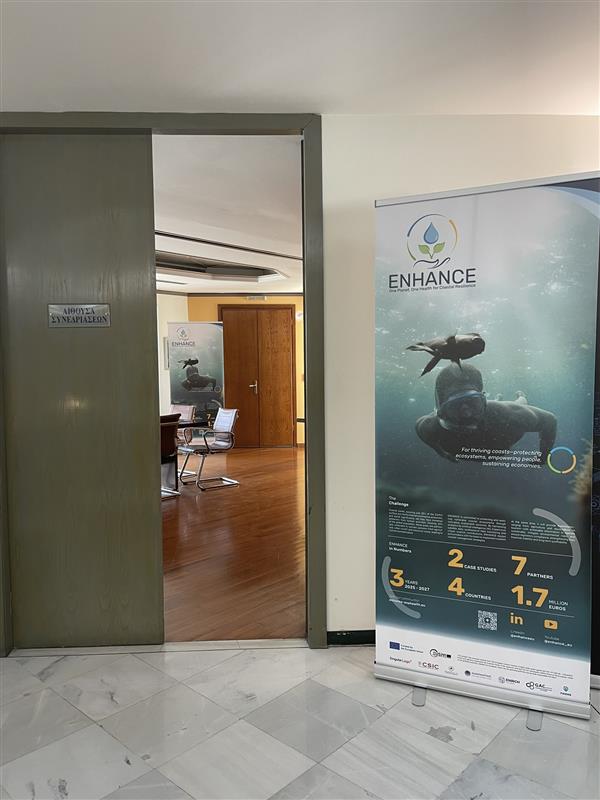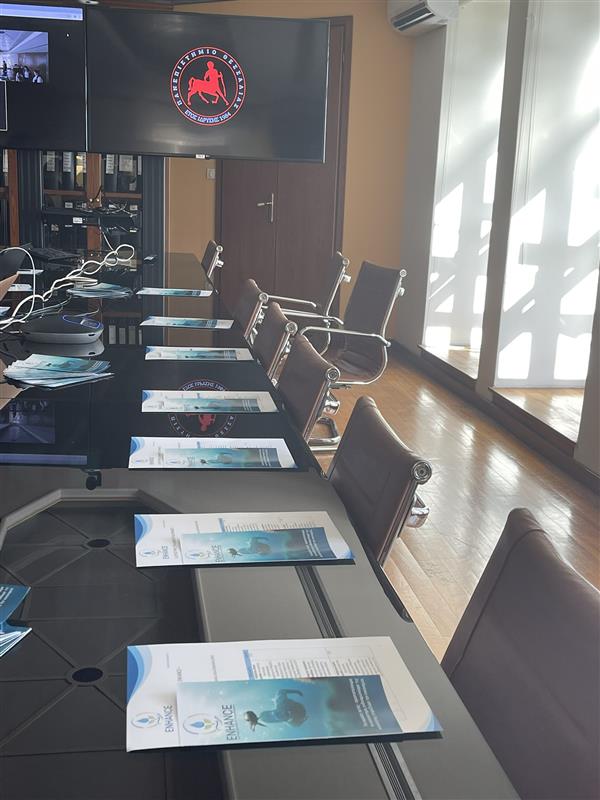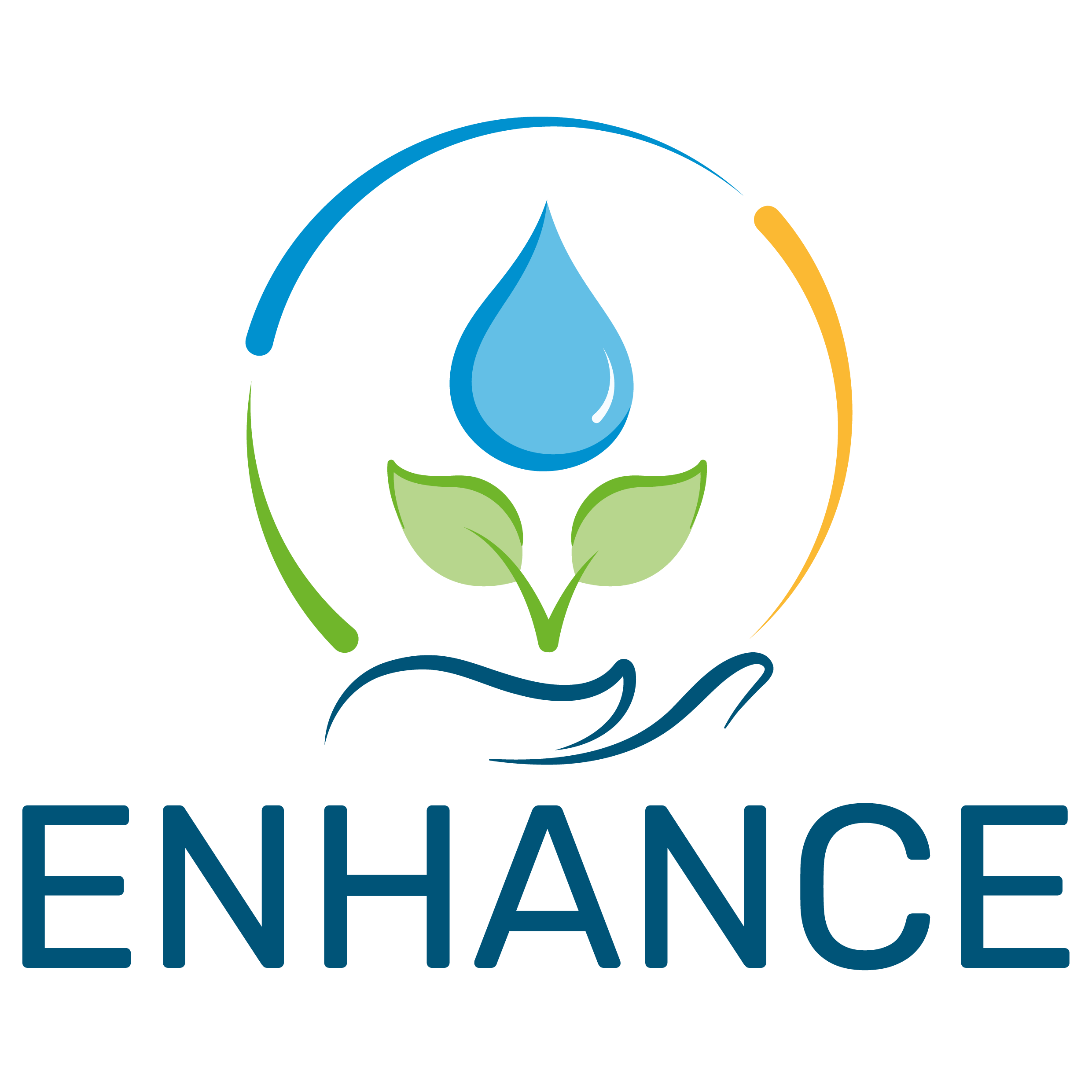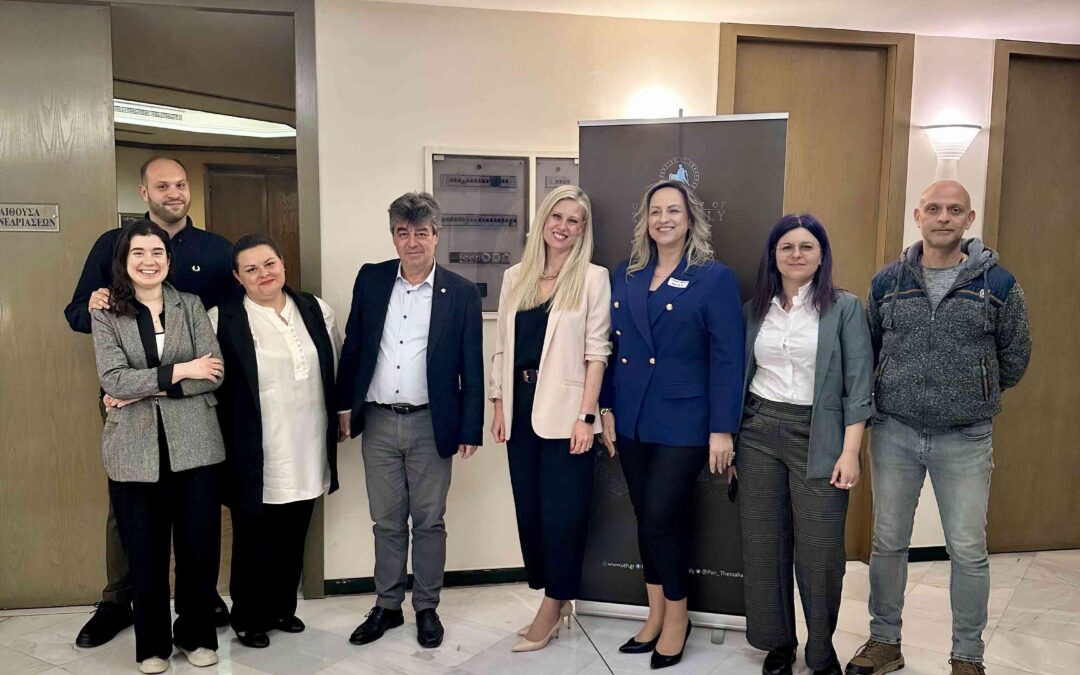Co-Creating Coastal Resilience: Highlights from the ENHANCE Stakeholder Workshop in Volos
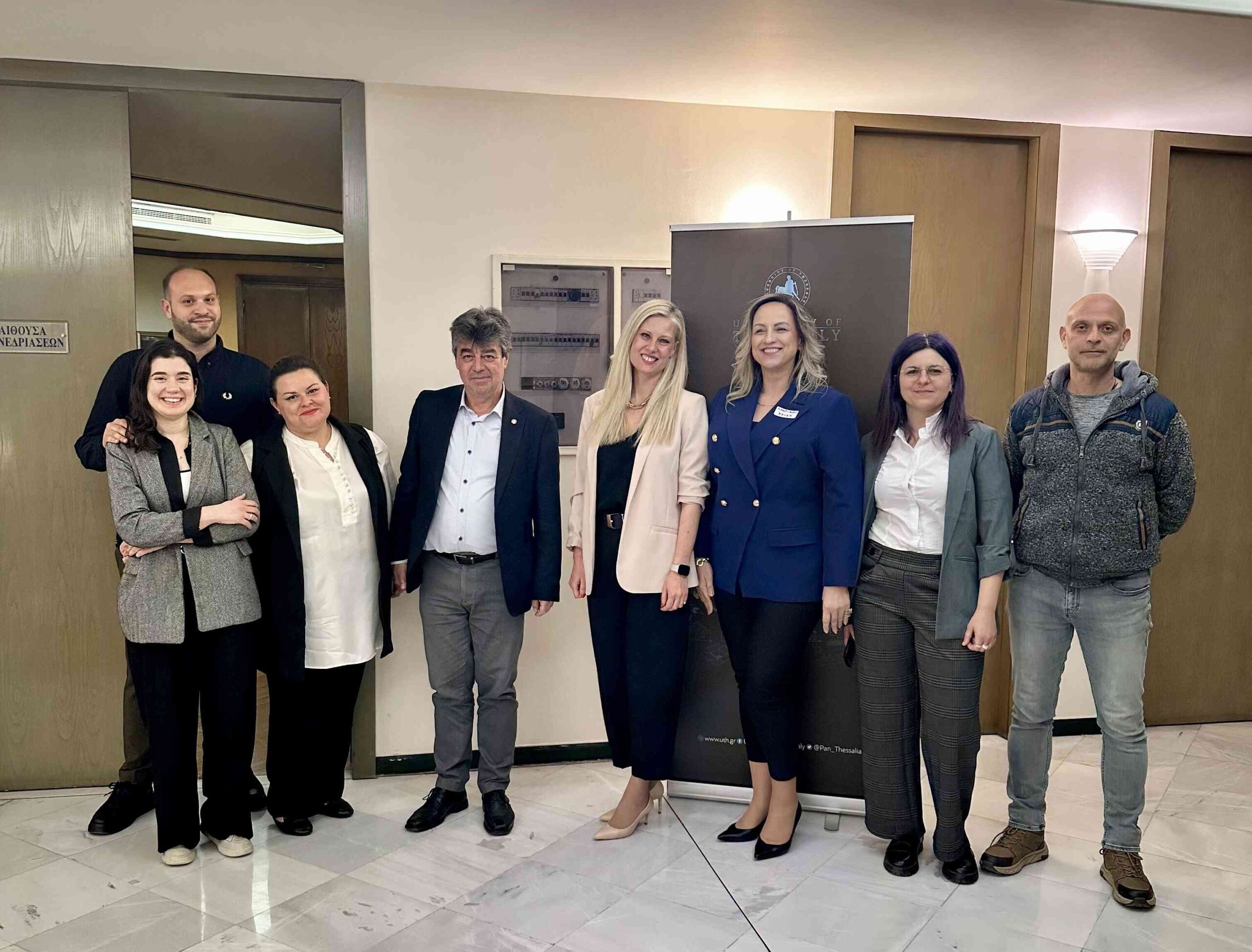
On 29 April 2025, the University of Thessaly (UTH) hosted its first stakeholder workshop in Volos, Greece, as part of Case Study 2 of the ENHANCE project, focusing on the Pagasitikos Gulf—a semi-enclosed marine ecosystem particularly vulnerable to pollution and climate impacts. The event, conducted in Greek, brought together experts and stakeholders from across sectors—environmental, veterinary, maritime, academic, and municipal—to shape practical, inclusive solutions for coastal management through the One Health lens.
The workshop opened with welcoming remarks from Prof. Chrysi Laspidou, Scientific Coordinator of ENHANCE at UTH, and Prof. Charalambos Billinis, Rector of the University of Thessaly. Participants then engaged in presentations and interactive activities that explored:
- Current challenges in waste management, animal health, and environmental monitoring;
Mapping stakeholder roles and responsibilities across institutions; - Co-designing user requirements for the ENHANCE digital platform and AI toolkit.
The event was a vivid demonstration of the One Health principle in action—recognizing the interconnectedness of human, animal, and environmental health in coastal ecosystems.
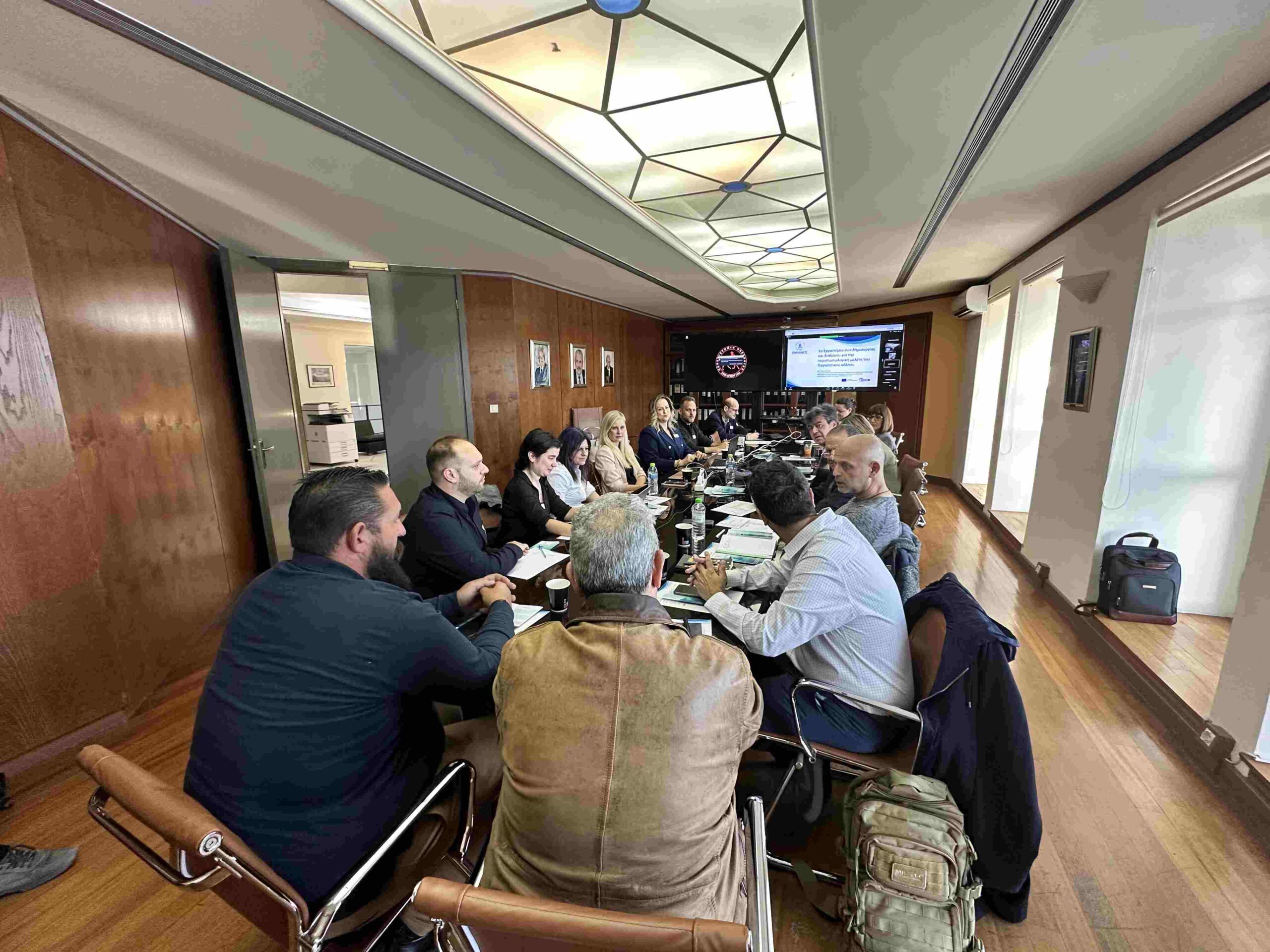
Throughout the discussions, participants surfaced urgent, real-world challenges. In the maritime sector, waste disposal practices—particularly for bilge water, ballast water, and dredged sediments—remain inconsistent, with concerns about weak enforcement and the sustainability of transporting liquid waste to Athens. The issue is compounded by insufficient monitoring of accidental pollution and anecdotal reports of illegal dumping.
Veterinary and agricultural stakeholders highlighted systemic issues such as weak biosafety controls, uncoordinated carcass and manure disposal, and limited oversight of antibiotic use in livestock, which could increase the risk of zoonotic disease transmission and antimicrobial resistance. Concerns were also raised about the absence of a national strategy for animal incineration or burial, despite legal obligations for municipalities.
Meanwhile, environmental monitoring remains fragmented and infrequent, with limited data on the impact of inflows from Lake Karla, the changing seabed composition, and the long-term effects of extreme weather events like Storm Daniel, which dramatically altered water quality and sedimentation patterns in the gulf.
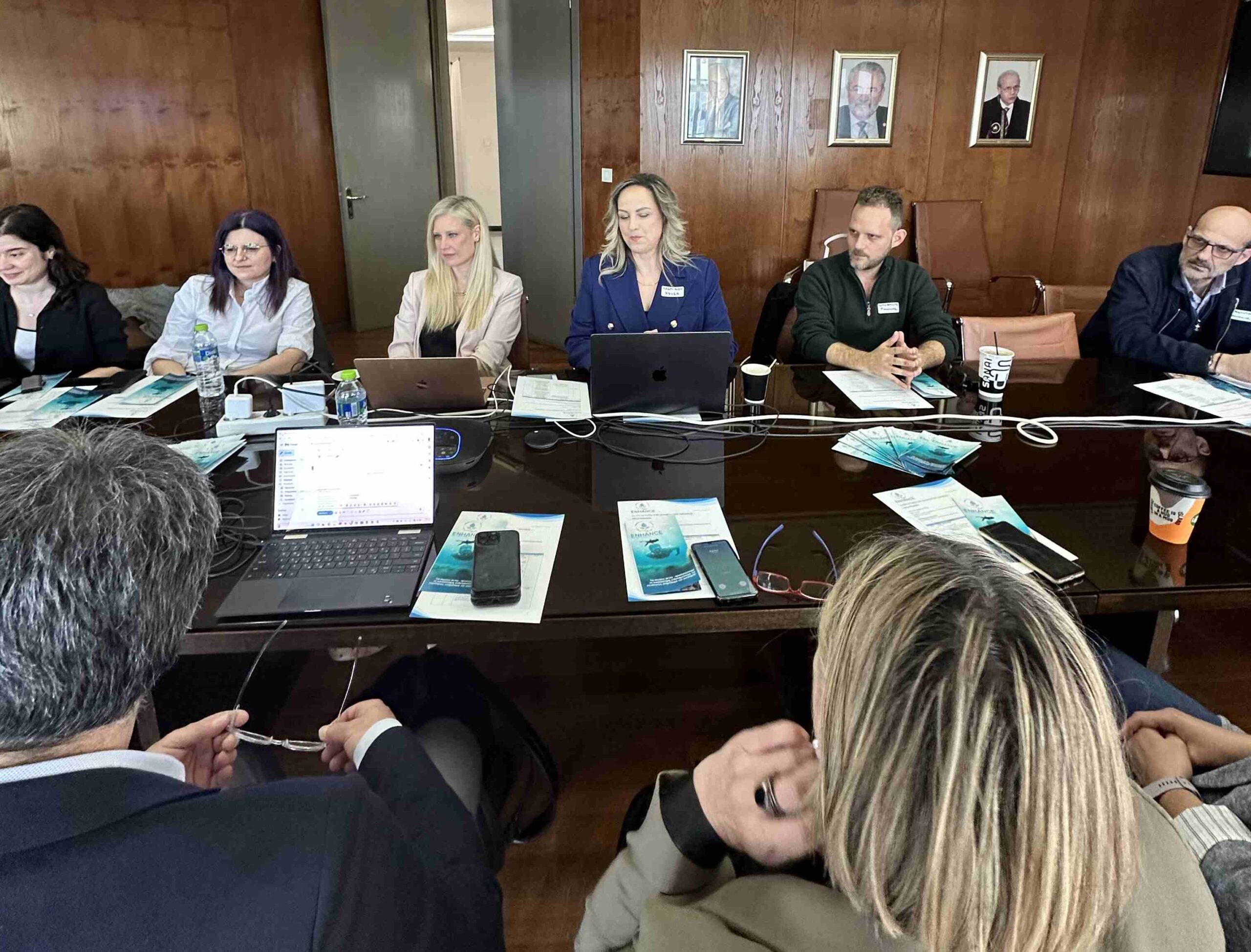
Participants stressed that effective coastal management depends on stronger institutional coordination. Actors such as veterinarians, port authorities, municipal governments, and environmental agencies need to operate under clearer roles and shared responsibilities. Upgrades in waste infrastructure, including manure processing, hospital and veterinary waste tracking, and secured disposal sites, were seen as urgent priorities to safeguard public and environmental health.
The discussion also revealed a broader need for cultural and systemic change. Public awareness about food traceability, seafood origins, and marine mammal protection remains low. There is no operational response network for stranded sea animals, and biosafety measures, such as disinfectant protocols at animal facilities, are largely absent. Fragmented data-sharing further limits coordinated action, particularly in response to heavy rainfall events that carry waste and contaminants directly into the sea.
The insights and concerns shared during the workshop—captured through the creation of user personas representing real stakeholder needs—will directly inform the development of the ENHANCE tools. These personas will guide the design of a user-friendly digital platform and decision-support system, tailored to local challenges in the Pagasitikos region. The event marks a key milestone in the project’s mission to develop user-driven, practical solutions that strengthen coastal resilience and support sustainable, integrated management practices across European coastal regions.
